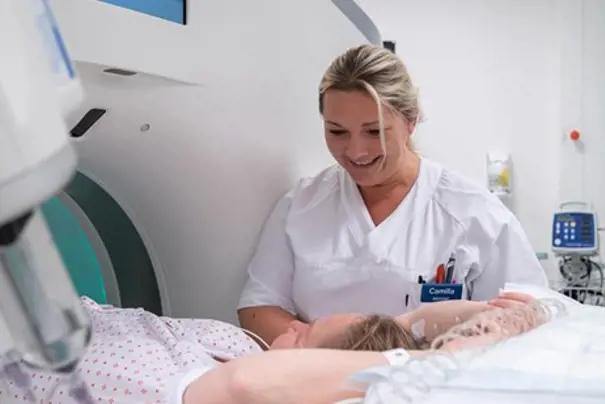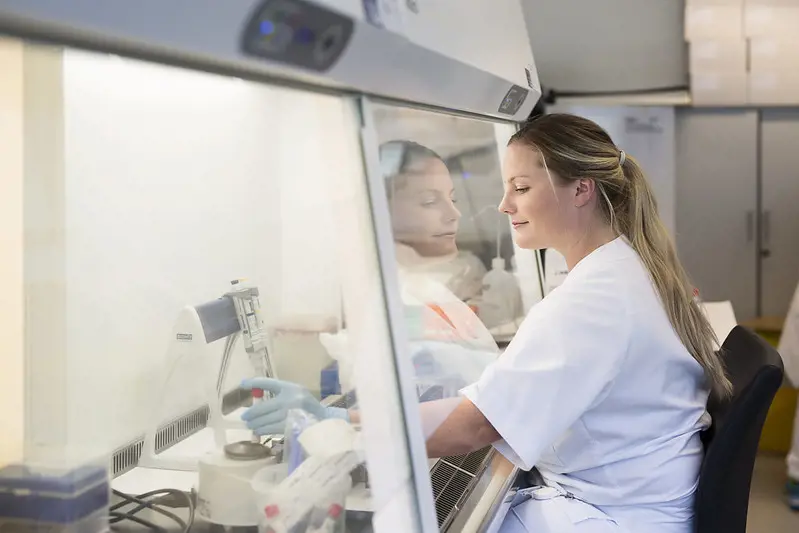The Bergen Atherosclerosis and Cardiac bIOmarker (BACIO) Study
Cardiac troponins are markers of cardiac stress, injury and necrosis. Circulating concentrations increase after ischemic injury, but may also rise acutely after cardiotoxic injury, traumatic injury or after strenuous physical activity.

Chronic, low-grade, elevation in troponin concentration is associated with structural heart disease and signals increased risk of heart failure and cardiovascular death. The determinants, prognostic value and treatment options of chronic elevation of cardiac troponins (i.e. stable concentrations > 99th percentile of the assay) and other novel biomarkers in chest pain patients ruled out for acute myocardial infarction (AMI), remain poorly defined.
The BACIO study has recruited approximately 1100 consecutive chest pain patients initially ruled out for AMI with the overall aim to assess 1) the diagnostic and prognostic accuracy of established and novel cardiovascular biomarkers using cardiac imaging and clinical end-points as the outcome measures; 2) to identify determinants of chronic elevation of cardiac troponins and other novel biomarkers; 3) to describe relation between novel biomarkers related to pathophysiological mechanisms for atherosclerosis and traditional inflammatory and myocardial necrosis markers.
The BACIO study is a prospective observational study that will benefit from the imaging research infrastructures located at the Department of Heart Disease and contribute to further development of the dedicated facilities. All patients will undergo diagnostic imaging (coronary computer tomography angiography, CCTA) to determine the extent and severity of coronary artery disease (CAD). A panel of established and novel cardiac biomarkers will be analyzed and the diagnosticaccuracy of these to identify CAD will be assessed. A subset of patients (n=200) will undergo cardiac magnetic resonance imaging (CMRi) for assessment of structural heart disease. Furthermore, the short-term and long-term prognostic information provided by the biomarkers, as well as associations with LV systolic function and mass (i.e. in the sub-study), will be evaluated.
A translational part of the study will measure Neutrophil Extracellular Traps (NETs). These are novel biomarkers important for the inflammation and immune responses that could be key factors in the pathophysiologic development of atherosclerosis. In our study we will relate these markers to atherosclerosis, structural myocardial disease and prognosis.
The project is funded by the Trond Mohn Foundation (TMF), Haukeland University Hospital and the Western Norway Regional Health Authority
